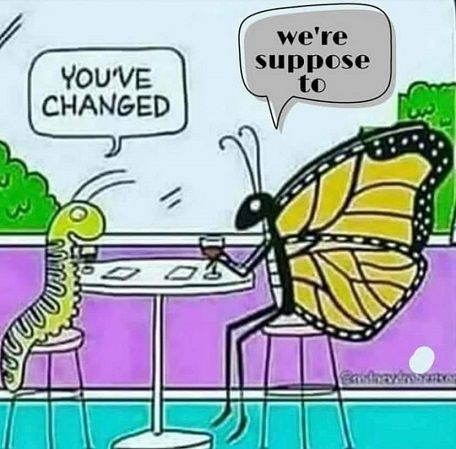
BEING AND BECOMING
What did 70 years of learning help me “to understand and to appreciate, to celebrate and enjoy and to use most readily in my life and in my work? I learned that most of all, life is about who I am, not simply what I do. I learned that there is an important distinction between my work and a job. My work is what I care about the most, and my job is what I have to do to get to my work. My work has been (and still is) with people, organizations and communities. I have helped them to learn about who they are and how they can get closer to their dreams of the future. What I have learned is that life is about becoming; we are always in the process of becoming more like human beings, not human doings. What I do is about who I am. That means growing and developing our humanity, our human spirits, and being in touch with the natural world such that we not only know who we are and what we’re about but that we place the highest premium on the sacredness of each human being starting with ourselves.” I believe that could yield tremendous results and positive change for a better world. The quotation above is from the next to last page (# 86) in
https://www.amazon.com/Seven-Decades-Gary-Gruber-Ph-D/dp/0615811558
Review your past several years. It doesn’t have to be 70 years, or maybe it is. Maybe it’s 50 or 40 or even 10. However many years you choose, what comes up for you? The only reason worth looking back is to see what we might have learned that helped make things better now. We cannot change anything in the past, even our mistakes. We can learn from them so we don’t repeat them. George Santyana pointed this out in “The Age of Reason” in 1905, “Those who cannot remember the past are condemned to repeat it.”
Santyana left the United States after a distinguished career at Harvard. He spent his firsr eight years in Spain, forty years in Boston, and forty years in Europe. In his autobiography, Persons and Places, Santayana divides his life into three phases. The background (1863–1886) encompasses his childhood in Spain through his undergraduate years at Harvard. The second period (1886–1912) is that of the Harvard graduate student and professor with a trans-Atlantic penchant for traveling to Europe. The third period (1912–1952) is the retired professor writing and traveling in Europe and eventually establishing Rome as his home where he died in 1952.
Santayana asked that he be buried in unconsecrated ground, affirming his naturalism to the end. However, the only such cemetery ground in Rome was reserved for criminals. The Spanish Consulate at Rome would not permit Santayana to be buried in such a place and provided the “Panteon de la Obra Pia espanola” in the Campo Verano cemetery as a suitable burial ground, turning it into a memorial for the lifelong Spanish citizen. At the graveside, Daniel Cory read lines from Santayana’s “The Poet’s Testament,” a poem affirming his naturalistic outlook:
“I give back to the earth what the earth gave,
All to the furrow, nothing to the grave.
The candle’s out, the spirit’s vigil spent;
Sight may not follow where the vision went.”
Have you lived long enough to divide your life into periods? Or at least commas? My phases thus far: The first period (1937-1962) encompassed growth from childhood through marriage in OH and my first graduate school in theology in NJ. The second period (1962-1987) was filled with the births of three children, first places of work, in NJ and MI, more graduate school degrees in human development and work as educator and counselor in CT and PA. The third period (1987-2012) included a second marriage, a move to NM, expansion of an extended family, work as an educational consultant and traveling in North America and abroad. The fourth period began in 2012 with semi-retirement, continuing to work, travel and write. Now 9 years into the 4th period there are few reasons to believe I will continue to age 97. My life will end whenever it does and while I have no desire to be buried anywhere, my hope is that I will be remembered for whatever good I brought to the lives of others. In the words of Etienne (Stephen) Grellet: “I expect to pass through this world but once. Any good thing, therefore, that I can do or any kindness I can show to any creature, let me do it now. Let me not defer or neglect it, for I shall not pass this way again.” I searched for and acquired a biography last week of Grellet by William Wistar Comfort, published in 1942. If you want a brief and interesting back story on Grellet, have a look here:
https://en.wikipedia.org/wiki/Stephen_Grellet

Comments (2)
Being and Becoming has such a lightness about it – much more so than Doing! Your post has made me think about my own distinct ‘life phases’ – I find it tough to draw clear lines, and yet, ‘life events’ like graduation, marriage, birth of a child, and more seem to help define the ‘chapters’ ~ Namaste ??
Thank you, Kumud. As we walk lightly on the earth, being in the light and being the light, we recognize that we are part of this marvelous, magical and mysterious creation. We spin the chapters and verses of our lives like the spider weaves her web with delicate yet strong strands that endure the unpredictable.